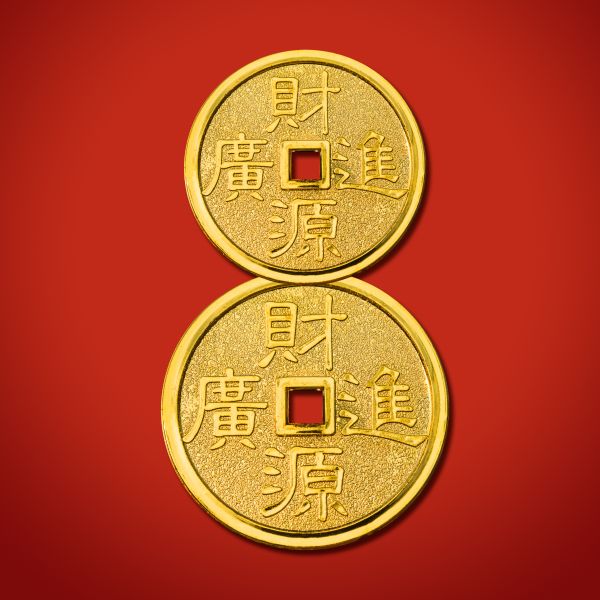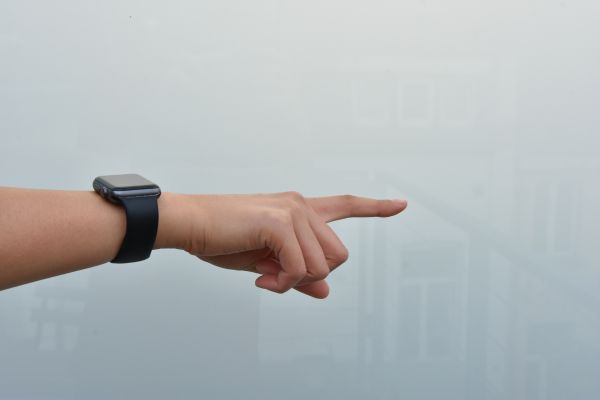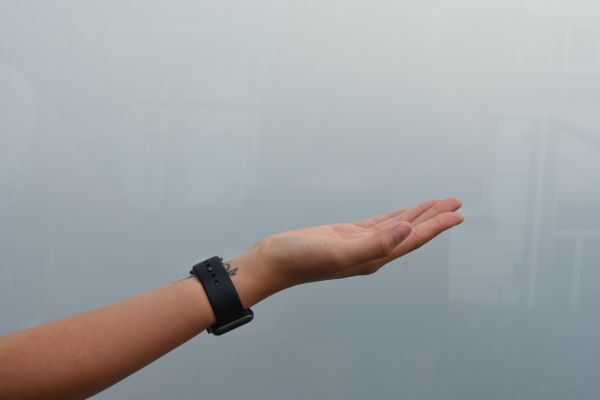How do you make Chinese guests feel welcome? The key is to be aware of some important cultural differences.
Our product packages come with a detailed, 200 page starter kit, covering Chinese culture in-depth. If you want to dive right in, here is a preview of our top seven cultural tips to keep in mind when interacting with Chinese tourists.
#1: Respect the concept of “face”
A lot of complicated literature has been created around the concept of “having face” or “losing face” in East Asian cultures. In fact it is quite simple: avoid any action that might make the Chinese visitor feel bad in front of other people. This includes contradicting the person, openly criticising or making jokes about the person or putting the visitor in situations that are difficult to handle and might make them look bad.

How not to behave…
It is better to err on the side of caution here. A full chapter is dedicated to this concept in our starter kit, including help on how to resolve conflict.
#2: Topics to talk about and topics to avoid
Your country and its sights, family, sport, weather and of course food are great topics to talk about.

Trade wars make awkward conversation topics
Avoid mentioning China’s government, politics, Taiwan/Tibet issues or negative topics, such as pollution. Just like most other people Chinese like to complain about their country, but do not like it when outsiders do. Talking or joking about anything remotely sexual is an absolute no-go.
#3: No cynicism or sarcasm
Cynicism or sarcasm must be absolutely avoided. It is not used in China as much as in Europe and also often gets lost in translation, leading to confusion or embarrassment.

Cynicism and sarcasm tend to get lost in translation
#4: Understand “lucky” and “unlucky” numbers
Chinese have a concept of lucky and unlucky numbers.
4 (四, sì) is the most unlucky number as it sounds like (死, sǐ), which means “death” in Mandarin Chinese. This is why many Chinese hotels will skip the fourth floor, or Chinese airlines omit the fourth row. Any promotion materials with the number four highlighted should be reconsidered.
8 (八, bā) is a very lucky number, as 八 is pronounced in a similar way to (發 fa), which can mean “fortune” or “wealth”.

Lucky number eight
For more details on all numbers refer to our extensive starter kit!
#5: Avoid pointing at people or things with your index finger
A very simple mistake which Western people often make in China is pointing at things or people with their index finger, like this:

Avoid pointing at people or things with your index finger
This is considered a bit rude and poor form, a proper way to point out things is with your full hand, or imagining holding an “invisible remote control”:

A more polite way of pointing things out

This is also ok, when pointing at things. For pointing out people the full hand is more appropriate
#6: Business cards, business cards, business cards
Business cards are highly important and popular. You should have a bunch of them ready for handing them over whenever you are meeting Chinese customers. Obviously this only applies to meeting people for longer discussions, for example when selling a tour package to them.
You should always receive and hand out business cards with both hands!

The right way of handing over business cards to Chinese guests
#7: Offer a great deal
Research from Nielsen shows that discounts were the most important buying factor (41%) for Chinese tourists, as opposed to the total price, which was the most important factor for non-Chinese tourists.

The joy of getting a great deal…
Chinese visitors are not looking for the lowest price, they are hunting for great discounts and offers. Offer deals like buy-two-get-one free or other discounted package deals and you will be successful!
Want the full picture?
Our complete starter kit covers Chinese culture in detail and also contains English-Chinese translations of over 2,000 common words and phrases for hotels, attractions and retail operations. Learn more about our products!